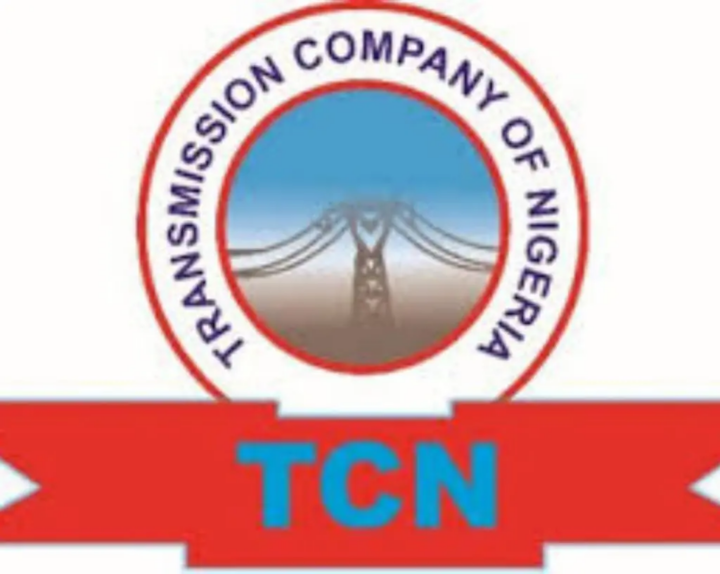After weeks of tension that stalled a major power transmission line project in northern Nigeria, the Transmission Company of Nigeria (TCN) and Kano State Government have reached a comprehensive agreement to jointly move forward with the stalled infrastructure initiative. This resolution marks a turning point in efforts to bolster electricity delivery for millions of households and businesses in the Kano region.
The dispute began when the power project—designed to carry electricity from the national grid to underserved areas across Kano State—ran into bureaucratic obstacles and disagreements over right-of-way, compensation for affected communities, and coordination between federal and state stakeholders. When the impasse began delaying construction and energization schedules, both parties were forced to negotiate afresh to avoid further disruptions to power access in the state.

TCN officials and Kano authorities held intensive discussions over the past several days, culminating in a memorandum of understanding that clarifies responsibilities, timelines, and safeguards compensation arrangements for landowners affected by the project. TCN agreed to accelerate community engagement activities and fast-track relocation discussions, while Kano State committed to facilitating access and providing necessary permits promptly.
Under the accord, TCN will take charge of final engineering, procurement, and contractor mobilization for the remaining segments of the transmission lines, with projected commissioning now anticipated within the next two to three months. Kano State has pledged cooperation in securing corridors for the lines, ensuring local councils support clearance operations and mitigating any land access hurdles. Both entities also agreed on a conflict resolution mechanism to address any future grievances swiftly.
Local stakeholders welcomed the resolution, expressing relief at the prospect of renewed construction and eventual power delivery. Community representatives, previously frustrated by delays, affirmed that fair compensation and timely communication would restore trust and ease the path for contractors to resume work. Several affected landowners confirmed that initial compensation payments had begun rolling out after the agreement was signed, alleviating tensions and paving the way for land clearance to resume.
Power sector analysts say the agreement should help restore confidence in cooperation between federal and state actors, which is critical to the success of Nigeria’s broader electricity expansion and reform agenda. The stalled project had become symbolic of lingering governance gaps in power sector project execution, but the resolution signals greater alignment and functioning between institutions and local communities.
For consumers and business owners in Kano, the power line’s completion promises measurable improvements. Access to stable electricity is expected to reduce reliance on costly diesel generators, lower operating expenses for enterprises, and improve livelihood outcomes for households in peri-urban and rural communities. The project carries the potential not just to boost energy availability but to stimulate economic activity and social development across several local government areas.
The Kano State Government affirmed that the project forms part of its broader agenda to enhance energy access and leverage infrastructure initiatives to drive growth in its commercial and agricultural corridors. Officials noted that power reliability is a cornerstone of plans to attract investment, support small and medium enterprises, and improve service delivery across healthcare and education.
TCN, for its part, emphasized that the agreement reflects its renewed commitment to partnership with state governments to ensure smooth project delivery. The company noted that ongoing collaboration mechanisms have now been institutionalized to reduce friction on future projects. TCN’s project team pledged to keep the state informed of progress at every phase, including inspections, energization trials, and final handover operations.
Economic commentators say that successful delivery of the power line, now unhindered by administrative friction, could serve as a blueprint for addressing other stalled power projects across Nigeria. Federally-led infrastructure schemes often suffer delays due to misalignment with state agencies and local communities, but the Kano-TCN accord demonstrates the value of early stakeholder engagement and clarity in roles and expectations.
Looking ahead, the focus now shifts to monitoring implementation and ensuring timely execution of construction plans. Land clearance is expected to proceed intensively in the coming weeks, with contractor mobilization underway immediately after. Energization and test runs are scheduled to follow shortly thereafter, aligning the project for completion well before the close of the current dry season.
Although the agreement does not resolve all structural challenges in Nigeria’s electricity sector, it does illustrate the potential of collaboration to overcome delays and sustain momentum in critical infrastructure delivery. For Kano State and its electricity consumers, it marks a new chapter—one in which shared purpose and accountability can drive tangible improvements in energy access.
Support InfoStride News' Credible Journalism: Only credible journalism can guarantee a fair, accountable and transparent society, including democracy and government. It involves a lot of efforts and money. We need your support. Click here to Donate
